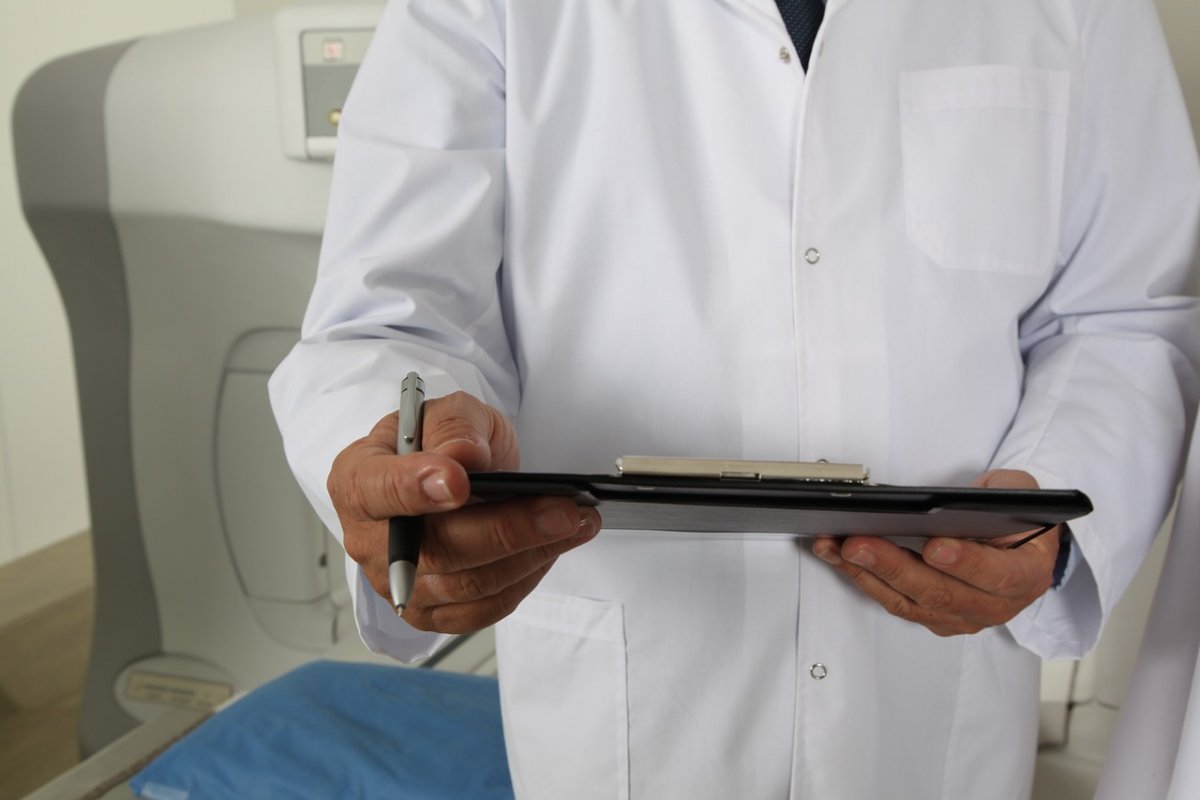
Cancer remains one of the leading causes of death worldwide. In the early stages, cancer is successfully treated, but the later the disease is detected, the less chance of a cure.
Thus, if cervical cancer is found at a late stage, the patient's chances of living for five years do not exceed fifteen percent. If the disease is detected in time, this figure rises sharply – up to 93 percent.
The focus of the disease can be located in any organ. According to doctors, if you are attentive to the signals that the body gives, you can suspect something is wrong, consult a doctor and start treatment on time.
We are talking about:
- Unusual nodules, blisters and swellings. The neck, armpits, testicles in men, and mammary glands in women require special attention.
- Long cough, shortness of breath, or difficulty swallowing.
- Changes in bowel habits. These are constipation, diarrhea, the appearance of blood or mucus in the stool.
- Unexpected bleeding.
- Unreasonable weight loss. A person loses weight dramatically without changing the diet and level of physical activity.
- Unexplained pains of any nature.
- The appearance of new moles or the transformation of existing ones: changes in size, shape or color; hardening of the surface or any discharge.
- Problems with urination.
- Unusual breast changes (nipple indrawing, discharge, any skin changes).
- Sores that do not heal, especially in mouth.
- Persistent heartburn.
- Regular digestive disorders (nausea, vomiting, bloating).
- Profuse sweating at night.
- Chronic fatigue.
Read on this topic: What two tests you need to take to understand the real causes of constant fatigue.
Expert opinion
According to Mikhail Fedyanin, an oncologist, head of the chemotherapeutic service at MMCC Kommunarka, it is possible to self-diagnose cancer in oneself if the tumor has arisen on the mammary glands, skin, or oral mucosa.
i>“You can independently determine an oncological disease in yourself with tumors of visual localizations – for example, the mammary glands, testicles, skin, oral mucosa,” Fedyanin told RIA Novosti.
Oncologist Kaprin told how to determine skin cancer by moles
He also recommended paying attention to general symptoms, which can also indicate the presence of pathology. This is a sudden weight loss, fatigue, a drop in hemoglobin, coughing, shortness of breath, pain and indigestion. In addition, “the presence of additional formations in the soft tissues, in the abdominal cavity and pathological spotting” can be a cause for concern.
Read also: Popular foods that increase the risk of bowel cancer by 30%, but only in men .
Important! Information provided for reference purposes. Ask a specialist about contraindications and side effects and under no circumstances self-medicate. At the first sign of illness, consult a doctor.
